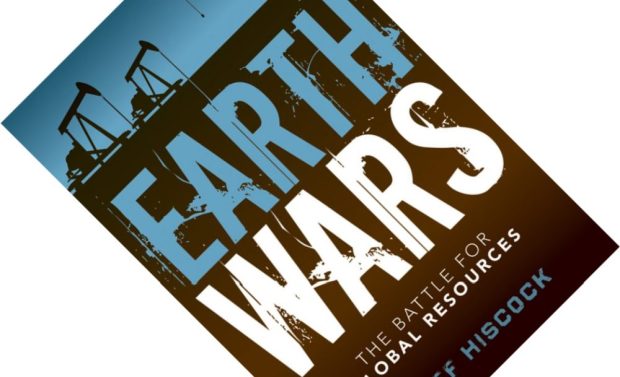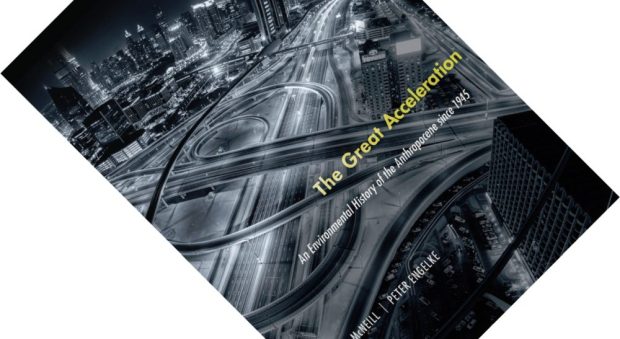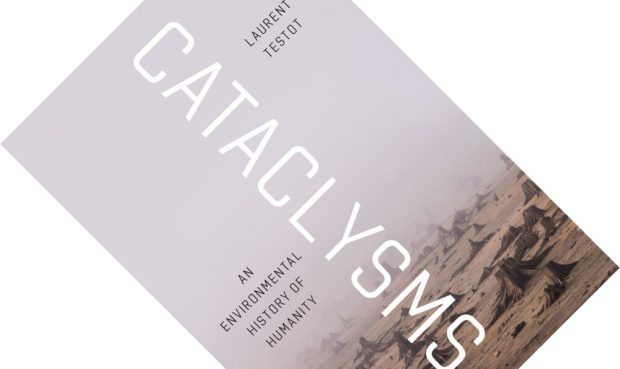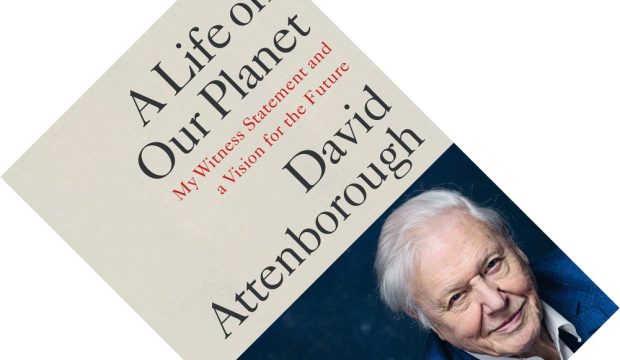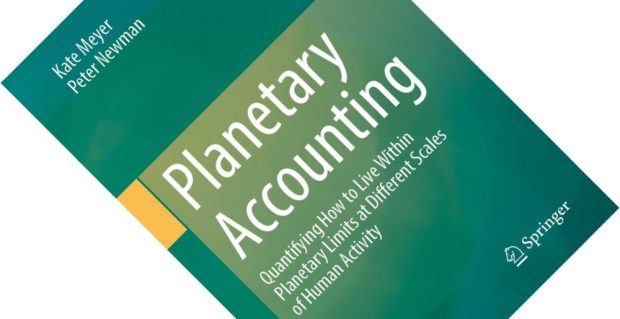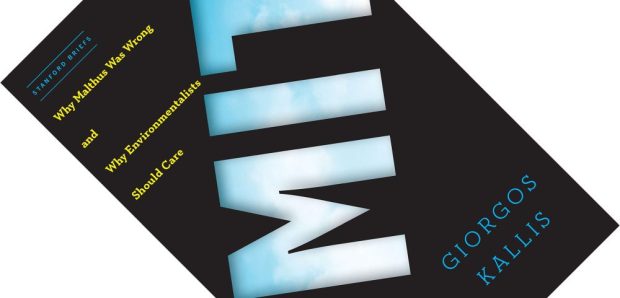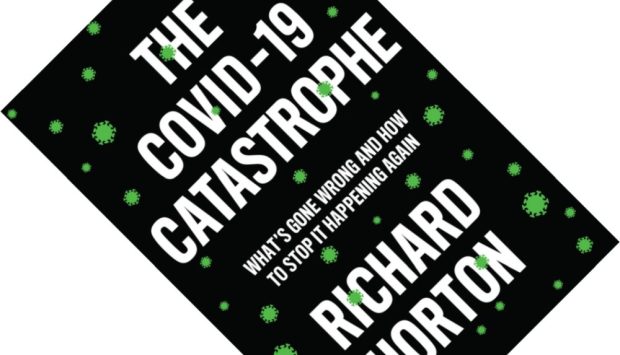7-minute read
When it comes to environmental issues, certain topics steal the limelight, with climate change, deforestation, and biodiversity loss being prominent examples. However, humans have only so much time and energy available, meaning that other, potentially more pressing problems might not get the attention they deserve. Resource depletion, specifically all the materials we dig up from the Earth’s crust, has always struck me as one of them. It is easy to underestimate just how thoroughly dependent modern civilization is on a vast range of very basic substances. As we continue to extract these at ever-accelerating rates, competition and conflict seem inevitable. Guessing by the title of this book, Australian business journalist Geoff Hiscock seems to think so too. Yet this book was not quite what I was expecting.

